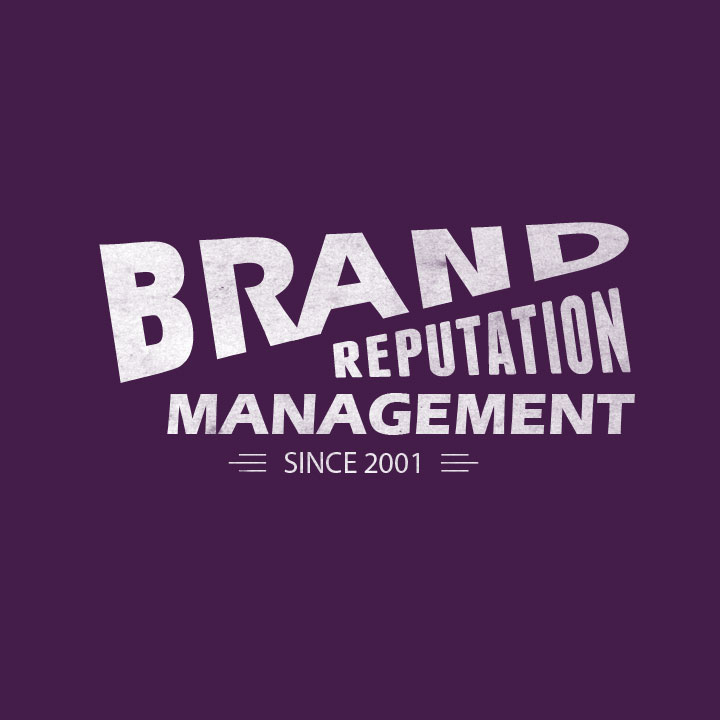This post about online reputation scores was originally written on my private blog, but enough professional contacts requested public access after speaking about it at a recent gathering. Before reading it, I hope you take a moment to understand the critical nature of how the following information affects you and the people you care about.
If you have any questions, feel free to reach out!
********
To open up this conversation, I am going to lead with this statement: The ability to control your information and know how it is created, collected, sold, and profited from is a critical factor in today’s technology marketplace. It plays a very important role for the general audience who do not understand the value of personal information and how it has the ability to define not only who you are today, but also the opportunity that you have access to in the future. *The same basic rules apply to business credit and business reputation, but for purposes of this article we will focus on personal impact.
For decades the financial system has been dominated by the “big three” credit firms. They track and detail billions of financial records. The government has vast regulations about the ways firms collect this data and report it, requiring an extensive understanding of how positive and negative information balances an overall financial risk scorecard for every person. This process is so contaminated and convoluted that the idea of having your identity or credit card stolen causes fear in many adults.
Irrational?
This fear is almost always rooted in the fact that the common individual has no idea how to properly manage personal credit. There are far too many constraints and ill-thought regulations regarding how your personal information affects the financial metrics of your life. One of the largest problems is that few (if any) controls effectively cross over international communication processes. When combined with government regulation that is years behind online and social trends, it opens up many points for abuse. This leaves each of us with the responsibility to manage our own well-being and support those in our network to have a healthy future.
It also leaves us asking: how does this relate to online reputation?
The best way understand online reputation is simple: online reputation is the “wild wild west” of personal credit. We are not dealing with a completely original problem, we are dealing with a generational problem that is now being magnified by technology and left unchecked.
Imagine a world where anyone or anything can affect your credit score (preventing employment, destroying relationships, etc.) This damage could originate from such simple places as former co-worker complaining about your work habits or accidental exposure of your social life.
Under this comparison Google/Yahoo/Bing are just like the top three credit unions… but there is no commonly acceptable or accessible methods for “Joe Average” to combat negative information.
If something negative is showing up about you online, you are at the mercy of a completely unchecked, inconsistent, and profit driven marketplace.
Search & Social Witch Hunting
The three biggest search engines quickly turn into three nightmares: fueled by overlapping “digital data” of both personal credit and reputation. This “digital you” becomes something that most individuals are not fully aware of and even fewer have the understanding to repair, protect, nurture, and leverage the asset over time.
The ramifications of this personal reputation problem is magnified by the size of your personal network.
Like the common crime of vandalism, a reputation issue can affect a parent, spouse, child, friend, or professional peer and result in implications for you.
Some alarming issues of personal credit and online reputation:
1- There is no agreed upon metric for online reputation. An unpaid $10 parking ticket on your credit score can be written off as an unknowing mistake that few people know of. A bad conversation over $10 worth of drinks publicly displayed on YouTube can destroy your career.
2- Credit results are sorted by professionals who are trained to weigh appropriately. Reputation results are sorted by everyone who looks for your name, presented by a system (Google, Bing, Yahoo) with multiple sorting errors and irrelevant scoring factors.
3- Credit results go away over time. You can “solve” bad credit by taking care of the problem and paying your dues. With reputation, a black eye often remains long after the situation has passed.
4- Bad credit and reputation is compounding. Once you have it, no one wants to extend better terms and fees begin to pile on top of each other. A top ranking result on search engines causes more eyes to see the negative, encouraging like-minded negative interpretation and preventing positive interaction.
5- Credit has a series of checks and balances to confirm your identity (social security, birthdate, etc.) and has a process for disputing accuracy. Online reputation has no checks and balances to confirm accuracy. If you have a common name or are accidentally included in the wrong scenario, your name becomes a liability.
The larger element driving the focus towards online reputation (as opposed to credit) is that it is readily available and free. Anyone and everyone with an internet connection will eventually “Google You” and find whatever information is available. This is in contrast to pulling a credit report, which has limited access and requires a fee to be paid.
As our society moves further into the digital age, we all have to keep in mind the simple steps that can be taken to prevent long term and catastrophic damage. I encourage you to read through some of my other articles and take control of how you can monitor and manage your online presence.
